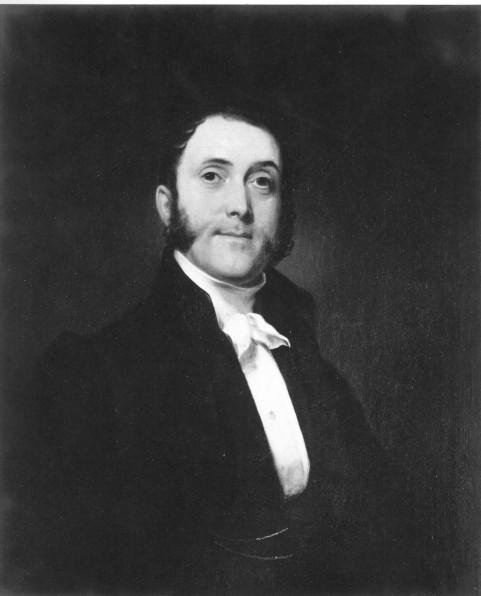Image Databases are Going Online: Update 2
Last week images taken by photographers that are now deceased and postcards were added. Included in this batch are exterior shots of the medical center, people, and events taken between 1932-1976.
Last week images taken by photographers that are now deceased and postcards were added. Included in this batch are exterior shots of the medical center, people, and events taken between 1932-1976.
This week images taken by the staffs of the Photography Departments at Cornell University and Weill Cornell Medical College were added. Included in this batch are class pictures of the medical college and the Cornell University-New York Hospital School of Nursing.
The Medical Center Archives has begun the process of publishing their images online in two new databases. One database will only be available to internal users who are employees or students of Weill Cornell Medical College or NewYork-Presbyterian/Weill Cornell. Click here.
When the war broke out, each state began forming volunteer regiments. Most of the New York Hospital doctors who served in the war began their service as volunteer surgeons in the regiments from New York State. Often doctors who were recruited for these regiments were small town physicians who had no training in military medicine and were ill prepared to treat wounded soldiers or perform amputations. Surgeons had to pass an exam and be approved by the war department. Their first task was to conduct the exams for the enlisted men and officers.
Ellen R. Cohn, Editor of the Papers of Benjamin Franklin, Yale University
will present the spring Heberden Society Lecture on Tuesday, May 14, 2013, at 4:30 p.m.
This will be the final Heberden Society lecture of the 2012-13 academic year, and promises to be a fascinating talk.
Benjamin Franklin's Contributions to Medicine

Valentine Mott was a renowned surgeon at New York Hospital from 1817 to 1837. After 1837 he was a consulting surgeon. He was born in 1785 in Glen Cove, Long Island. His father, Henry, was also a physician.
New York hospital had four doctors who served with the U. S. Sanitary Commission, a civilian organization that was concerned with the health of the soldiers. The volunteers worked as medical inspectors visiting the camps and hospitals, operated soldiers' homes, and furnished medical supplies, food, clothing, and nursing care for soldiers in the camps and hospitals. The leaders of the U.S. Sanitary Commission were instrumental in lobbying the government for the need to reform the U.S.
Four doctors from New York Hospital were members of the U.S. Sanitary Commission: William Van Buren, Cornelius Agnew, James McLane, and A. Brayton Ball. Valentine Mott was a consultant for the war department.
Approximately 750,000 Americans whether Union or Confederate died in the Civil War. About 250,000 died of battle wounds. About 500,000 died of infectious diseases such as dysentery/intestinal diseases, malaria, continual fevers, measles, mumps, yellow fever, typhoid fever, tuberculosis, venereal diseases, and cholera. These staggering figures are more than the combined statistics of all major wars that Americans participated in through the Korean War.
At the dawn of the Civil War, New York Hospital was located at its first site on Broadway between Duane and Worth Streets. From April 1861-February 1862, New York Hospital had an agreement with the New York State Militia to accept sick or wounded officers and privates. From February 1862 until the end of the war, the hospital had an agreement with the U. S. Medical Department to accept non-commissioned officers and privates from the Union Army.